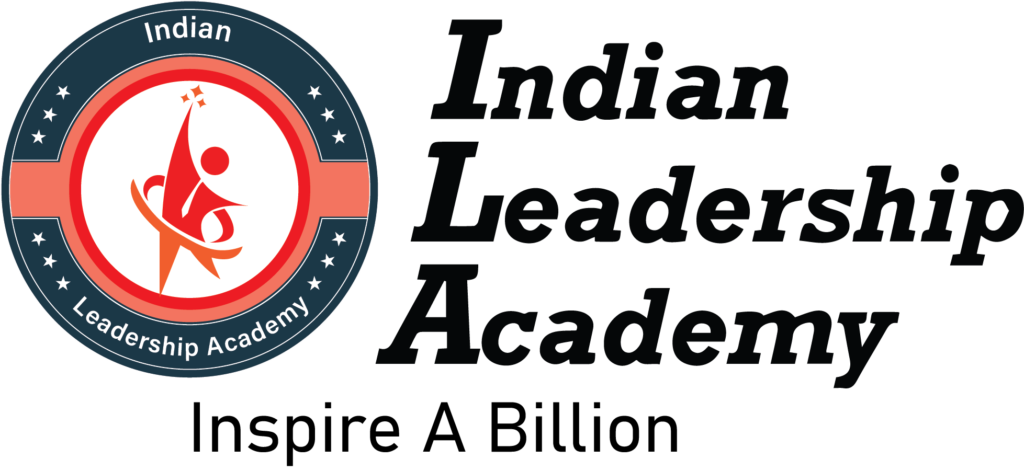Why trainers need reskilling & upskilling
The passion for lifelong learning
Whether we trainers pursue learning as personal interests and passions or pursuit professional ambitions, lifelong learning can contribute to our fulfilment and satisfaction, thereby supporting the growth of our participants.
Taking an open approach to learning recognizes that trainers are self-motivated to explore, learn, and grow, and encourages others to improve their professional and personal lives by paying attention to the ideas and goals that motivate them. In addition to formal education credentials, organisations are beginning to recognize that upgrading is essential for their workforce to meet the goals. The knowledge economy of today is moving at a rapid pace, and organizations are recognizing that lifelong learning is a vital component of employee development. Trainers should engage in constant learning in order to be adaptable and agile so that the learning needs of organisation are met.Exceptional Facilitation skills.
The key to successful training is to ensure that it has a purpose, an organization, a sense of direction, and some supportive guidance provided by an unbiased leader - or facilitator. Workshop facilitation skills are an essential component of a trainer. This is because they provide participants with the expertise they need to focus on the issue or subject at hand and come up with creative solutions and consensus.
It is essential to prepare adequately in order to facilitate result-oriented training. Trainers must be clear about the end goal and milestones along the way in order to guide a group of individuals to a successful outcome. Facilitators create the ecosystem for success by encouraging productive conversation, peer to peer learning through different perspectives, ideas and constructive conflicts of ideas and opinions. In effective facilitations, learners participate actively in activities and discussions, and trainers are able to evaluate the learning experience.Ability to conduct advanced research
The term "research" is generally interpreted as browsing through vast amounts of data and creating a synopsis or hovering over several case studies to draw conclusions. In order to research, trainers need to do some work to find answers to their anticipated questions, not comb through a ton of information stuff. There are a variety of questions that require different types of answers. There are different types of research methods that can be used to uncover the answers to these questions. Process for research include: Understanding the need of learners, course design and implementation, evaluating the course through prototyping.
Benefits of research
When you conduct research, you are in control of the module. The goal of a research study is to include facts and statistics that support your content in order to boost your learning beliefs.
Your training intervention will be enhanced by anecdotes and examples that provide you with relevant information. The information you have on your side can often be valuable to your learners.
In addition, it will assist in assembling content for delivery. As a result of the research, pain points are also identified that need to be addressed. In this way, the trainer will be able to achieve the training objectives.
Evaluating Core Competencies
As a general rule of thumb, competences are defined as an individual's demonstrable abilities that can be observed or assessed. To plan, develop, and deliver training sessions, trainers use a set of core strategies known as training competencies. The major competencies for trainers are adult learning theory, training delivery and methodologies that facilitate learning, training content development, monitoring and evaluating training effectiveness, and trainer evaluation. These competencies also support the facilitator in becoming a better skilled trainer for the workforce. Professional learning is not a discrete event, but is best understood as a process that unfolds over time. This is in concert with experiences and interactions with diverse learners throughout one’s professional environment. To embrace lifelong learning and be able to apply what they have learned, trainers must be able to translate their learning into behavior and apply it in different situations. Effective training incorporates information about participants' prior experiences in areas connected to training needs, and supports trainees and their organizations to achieve business goals.
A trainer's success and the future of his work depend on the ability and pace to upskill and reskill. In order to enable themselves to acquire new skills, trainers should take a proactive approach to lifelong learning opportunities.

